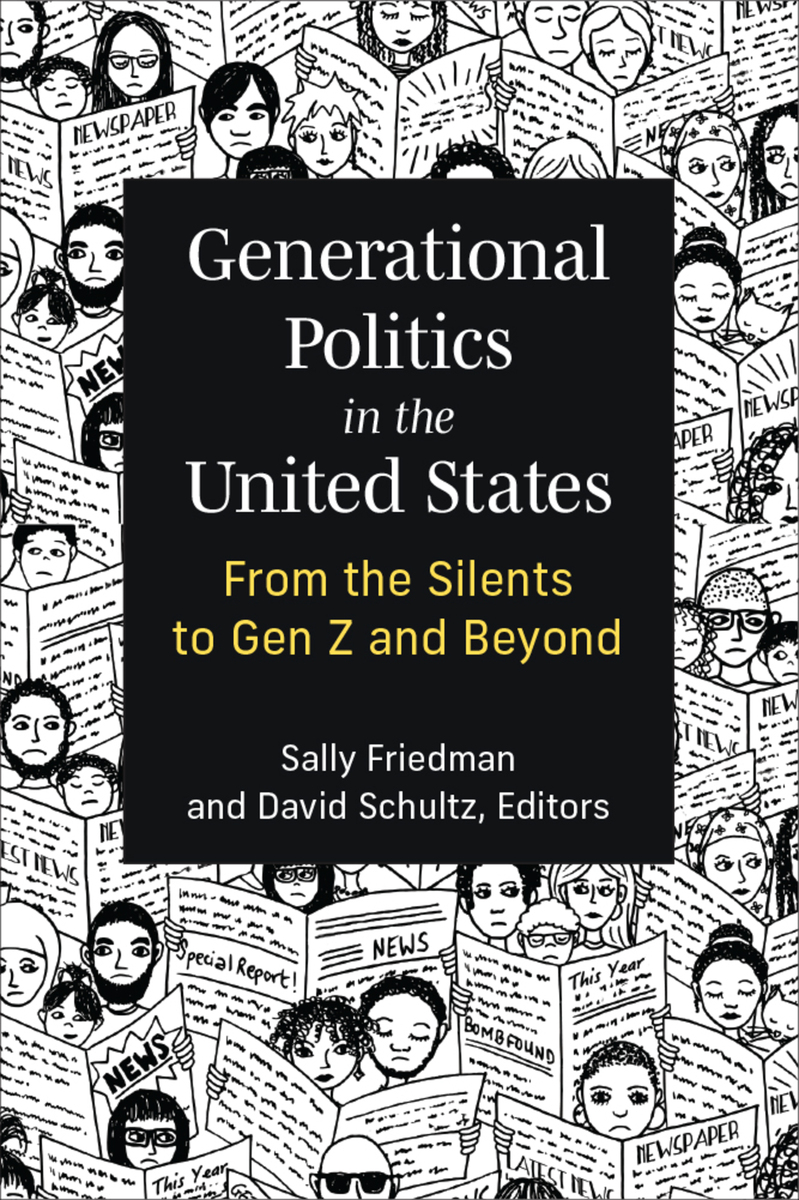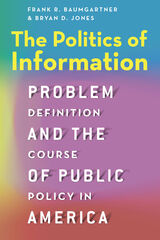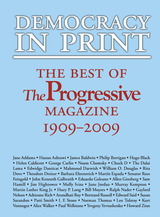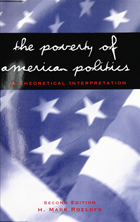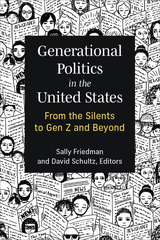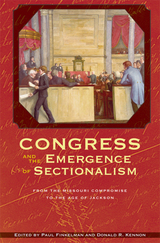Generational Politics in the United States: From the Silents to Gen Z and Beyond
University of Michigan Press, 2024
eISBN: 978-0-472-90444-0 | Cloth: 978-0-472-07676-5 | Paper: 978-0-472-05676-7
Library of Congress Classification JK275
Dewey Decimal Classification 320.973
eISBN: 978-0-472-90444-0 | Cloth: 978-0-472-07676-5 | Paper: 978-0-472-05676-7
Library of Congress Classification JK275
Dewey Decimal Classification 320.973
ABOUT THIS BOOK | AUTHOR BIOGRAPHY | REVIEWS | TOC | REQUEST ACCESSIBLE FILE
ABOUT THIS BOOK
The role of generations is an important, yet often overlooked, variable in the study of American politics. A topic of research in sociology, business, and marketing, the focus on generations frequently occurs in American pop culture and journalism. The general public often assumes that different generations have different political leanings and beliefs—that the Silent Generation is all Republican, white, and conservative, or that Millennials are liberal and diverse—but are these assumptions true?
Generational Politics in the United States is the first comprehensive book that examines the concept of generations from a political science perspective. It defines what a generation is and how to sort out the differences between life cycle, cohort, and aging effect. The book then brings together chapters from an array of political science scholars that examine the role of generations in American politics and how it relates to other variables such as age, race, gender, and socioeconomic status. It discusses how politics in the United States are impacted by changes in generations, including how the passing of the Baby Boom generation and rise of the Millennials and Gen Z will change American politics. By examining the differences in political attitudes, engagement, and impact of recent generations, Generational Politics in the United States suggests how generational change will impact American politics in the future.
Generational Politics in the United States is the first comprehensive book that examines the concept of generations from a political science perspective. It defines what a generation is and how to sort out the differences between life cycle, cohort, and aging effect. The book then brings together chapters from an array of political science scholars that examine the role of generations in American politics and how it relates to other variables such as age, race, gender, and socioeconomic status. It discusses how politics in the United States are impacted by changes in generations, including how the passing of the Baby Boom generation and rise of the Millennials and Gen Z will change American politics. By examining the differences in political attitudes, engagement, and impact of recent generations, Generational Politics in the United States suggests how generational change will impact American politics in the future.
See other books on: Beyond | Civics & Citizenship | Generation Y | Generation Z | Generations
See other titles from University of Michigan Press
